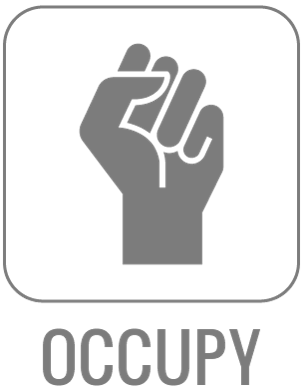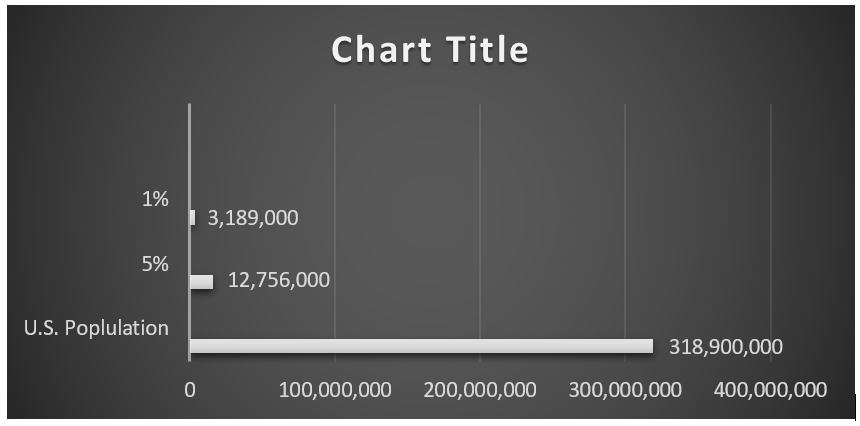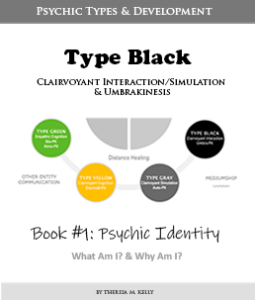- Why Am I? (Type Gray)
- Personality Type #1 (Type Gray)
- Personality Type #2 (Type Gray)
- Attention & Psychic Experiences (Type Gray)
- Why You Have Psychic Experiences (Type Gray)
- Your Needs & Clairvoyant Simulation (Type Gray)
- Needs & PK Experiences (Type Gray)
- Events and Psychic Experiences (Type Gray)
- Personality Changes & Psychic Experiences (Type Gray)
- Your Environment & Psychic Experiences (Type Gray)
- Age & Psychic Experiences (Type Gray)
- Psychic Awareness (Type Gray)
- Psychic Illusions (Type Gray)
- Belief, Meaning, & Auto Labeling (Type Gray)
- Self-fulfilling Prophecies & Ignoring When You’re Wrong (Type Gray)
- Probability & Reason (Type Gray)
- Don’t Be Fooled (Type Gray)
- Seeing Faces & Hearing Your Name (Type Gray)
- Precognition vs. Probability Shifting (Type Gray)
- Accuracy, OBEs, & Evil Presence (Type Gray)
- Weird Does Not Equal Psychic (Type Gray)
- Confusing Negative & Positive Experiences (Type Gray)
- Externalizing (Type Gray)
- Ignoring Negative Psychic Experiences (Type Gray)
- Avoid Shortcuts (Type Gray)
- Psychic Protections (Type Gray)
- #1st List of Psychic Protections (Type Gray)
- #2nd List of Psychic Protections (Type Gray)
- #3rd List of Psychic Protections (Type Gray)
- Psychic Illusions Mini-Quiz – Are You Being Fooled? (Type Gray)
- Mini-Quiz: Prone to Psychic Experiences? Ready to Enhance? (Type Gray)
- Mini-Quiz: Anxious? Depressed? (Type Gray)
PERSONALITY TYPE #2
What about the second set of traits?
OK, first you should know that the second set of traits, which are relatable most towards INFJ’s, make up only 1-4% of the population. Again, this may seem like there are very few people out there like you, but this actually means that, using the U.S. population for an example again, there are about 3,189,000 to 12,756,000 out of a population of 318.9 million people just like you. That’s still a lot of people!!
While the other type was focused on HOW things work, these Grays are more focused on IF things work, including their own research and protests.
This quality results in an unusual level of independence of mind, freeing them from the restrictions of authority, convention, or sentiment.
 They possess the uncommon combination of the traits imagination and reliability. They are usually perfectionists, and personal relationships, especially those of a romantic nature, can be their biggest weakness.
They possess the uncommon combination of the traits imagination and reliability. They are usually perfectionists, and personal relationships, especially those of a romantic nature, can be their biggest weakness.
This is due to their lack of capacity to understand social rituals. Like the other type, they are deep thinking, prefer to work alone, and tend to be less sociable then other types.
However, they are prepared to lead if no one else steps up to the task.
They will also be quick to take the lead if they see an inclined weakness in current leadership. They are usually very practical, logical, and creative.
They usually have a very low tolerance for uncontrolled emotions, and usually do not recognize authority based on tradition, rank, or title.
 They are strong individualists, who are always looking for a new angle or innovative ideas. They usually keep a great deal to themselves, and trust their vision of possibilities without concern of what others may think.
They are strong individualists, who are always looking for a new angle or innovative ideas. They usually keep a great deal to themselves, and trust their vision of possibilities without concern of what others may think.
They are very good at quietly and firmly developing ideas, theories, and principles. They are independent thinkers, desire efficiency, and flourish with creative freedom.
They have an ability for creating complex ideas, and are usually well suited for occupations within academia, research, consulting, management, science, engineering, and law.
They are usually well aware of their own skills and knowledge as well as their limits. Because they realize what they do not know, they naturally make great leaders due to their strong confidence in what they do know.
They usually search for others with similar interests, and when it comes to relationships with others, they are often defined as hard to read, and often assumed cold, unresponsive, or reserved. They are usually very sensitive to signals of rejection, and are likely to express emotional reactions when rejected or think they are being insulted.







